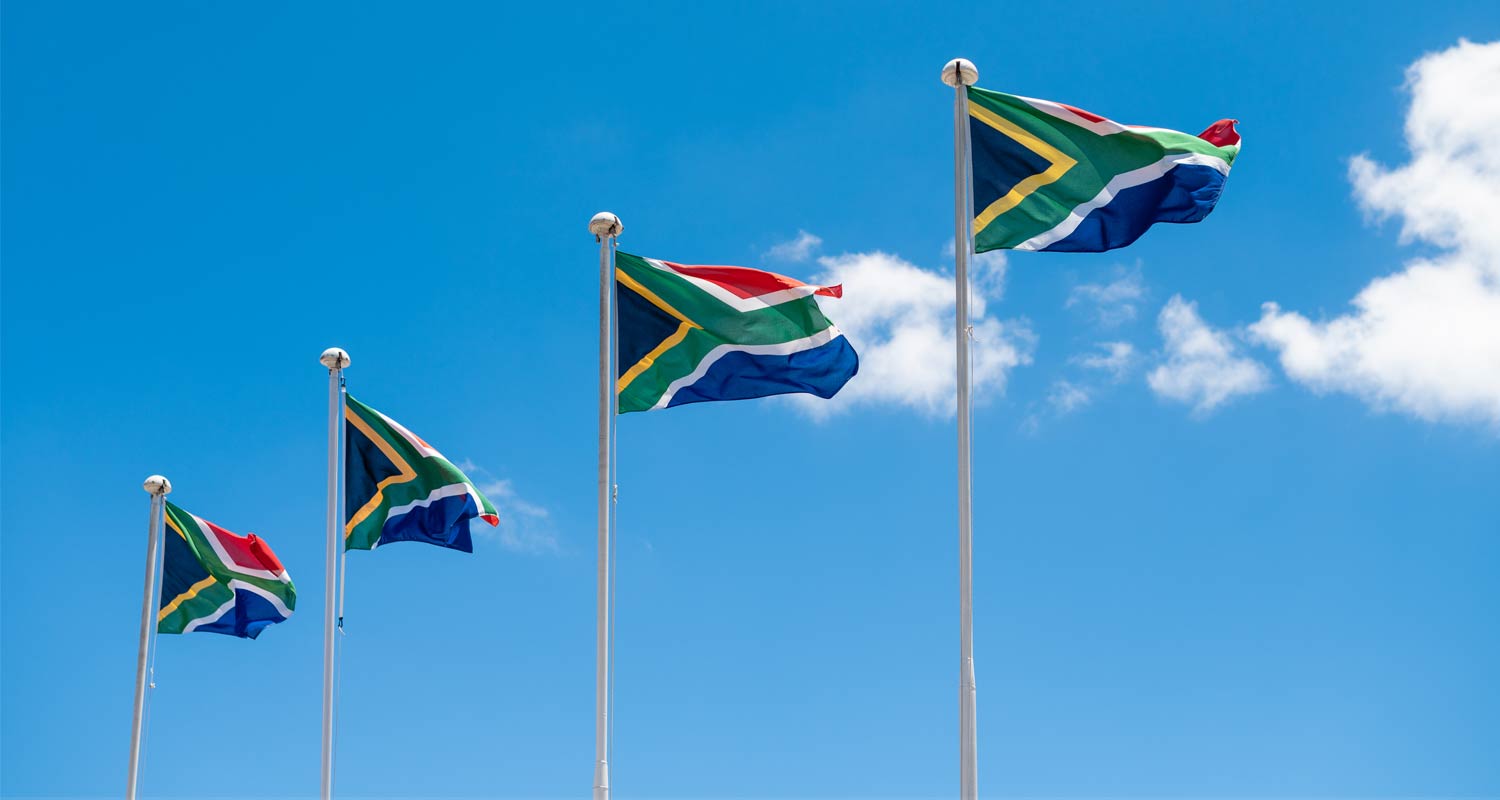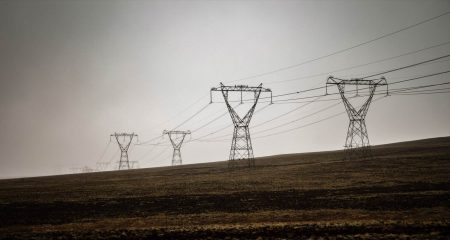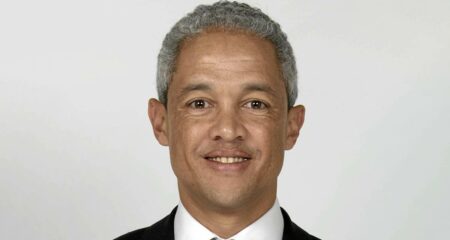 The optimism that followed the formation of South Africa’s new governing alliance has lowered the country’s funding costs, but an improved fiscal position and stronger economic growth is needed to sustain the positive sentiment, according to the head of the national treasury.
The optimism that followed the formation of South Africa’s new governing alliance has lowered the country’s funding costs, but an improved fiscal position and stronger economic growth is needed to sustain the positive sentiment, according to the head of the national treasury.
While South Africa has been given “some reprieve in the short term because it means that our cost of borrowing has come down”, its fiscal dynamics haven’t fundamentally changed, treasury director-general Duncan Pieterse told a Bureau for Economic Research conference in Johannesburg on Wednesday. “We have to deliver on our fiscal targets.”
Yields on benchmark South African government bonds have dropped by about 111 basis points since the ANC lost its majority for the first time in 30 years in 29 May elections and formed a coalition government with the centrist Democratic Alliance and eight other parties. The new administration has pledged to accelerate reforms to boost growth.
Key priorities will be to stabilise worryingly high debt at 75.3% of GDP by 2025/2026, mobilise private investment in infrastructure and fast-track the implementation of reforms to increase the nation’s competitiveness, according to Pieterse.
“These reforms make it easier and cheaper for businesses to operate and invest in South Africa, employ people and support a growth in government revenue,” he said. He called for private-sector resources to be mobilised to augment public funds as a necessary step to fast-track the provision of infrastructure and improve effectiveness.
“These efforts will also generate more fiscal space by increasing revenue, enabling private-sector participation, lead to more productive public spending on infrastructure and create a virtuous cycle that supports inclusive economic growth,” Pieterse said. — Ntando Thukwana, (c) 2024 Bloomberg LP




